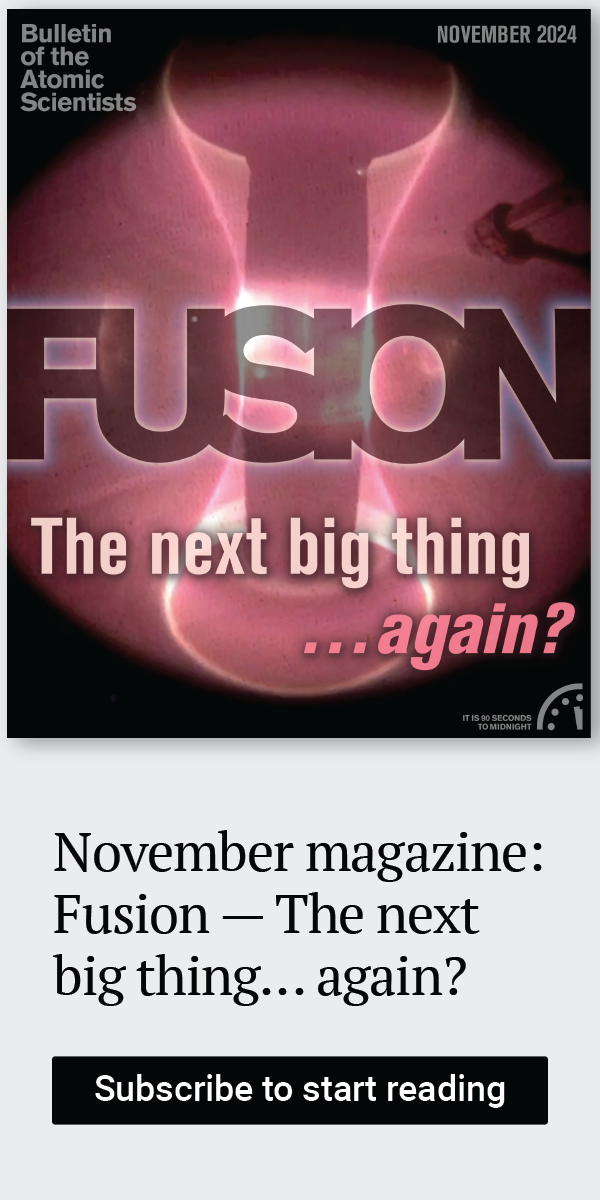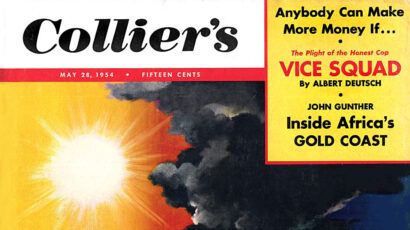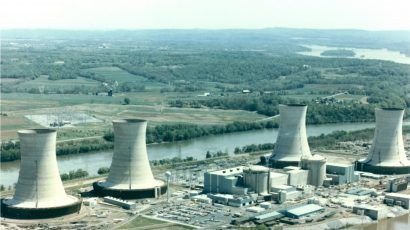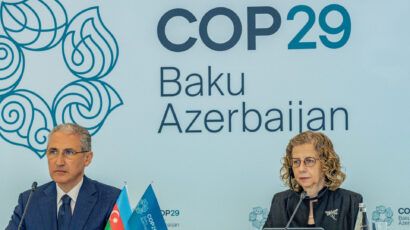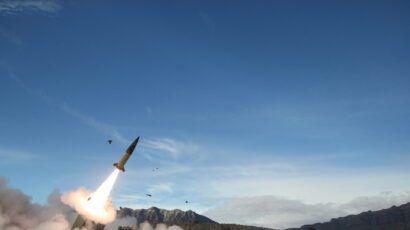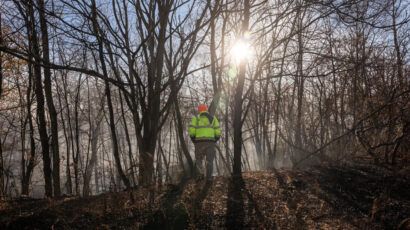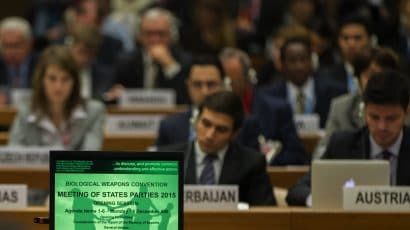How the transition from fossil fuels to renewable energy sources will affect world security
By Bulletin Staff | November 2, 2016
An extraordinary global energy transformation will be required for the world to successfully slow and then halt climate change, and that transformation will change the power dynamics among nations. The security arrangements necessary to keep the peace among the powers that vie for an energy advantage in the coming renewables era demand attention now.
Here's what you need to know:
Introduction: John Mecklin
Free-access
Interview: Steven Chu, former secretary of the Energy Department, on fracking, renewables, nuclear weapons, and his work, post-Nobel Prize
Dan Drollette Jr
Free-access
The complicated geopolitics of renewable energy
Sergey Paltsev
Free Access
Saudi Arabia’s sell-off of Aramco: Risk or opportunity?
Jean-Francois Seznec
Will climate-change efforts affect EU-Russian relations? (Probably not.)
Rachel S. Salzman
Climate adaptation funding: Getting the money to those who need it
Meraz Mostafa, M. Feisal Rahman, and Saleemul Huq
NUCLEAR NOTEBOOK
Pakistan's nuclear forces, 2016
Hans M. Kristensen and Robert S. Norris
Free Access
GLOBAL FORUM: Seeking a path toward missile nonproliferation: Missiles are the hidden force behind nuclear proliferation, so missile proliferation deserves as much concern, and the same efforts at prevention, as nuclear proliferation deserves.
Editor's note
Lucien Crowder
An Indian Response
Waheguru Pal Singh (WPS) Sidhu
A Japanese Response
Masako Ikegami
A Turkish Response
Sitki Egeli
OTHER FEATURES
Technology assessment and the social and human impact of innovation
Fred Young Phillips and Deog-Seong Oh
Can everyone help verify the bioweapons convention? Perhaps, via open source monitoring
Gunnar Jeremias and Mirko Himmel
Free Access
BOOK REVIEW
Crusades of the clueless: Who will win the war on science?
Elisabeth Eaves
Free Access
The Bulletin of the Atomic Scientists engages science leaders, policy makers, and the interested public on topics of nuclear weapons and disarmament, the changing energy landscape, climate change, and emerging technologies. We do this through our award-winning journal, iconic Doomsday Clock, public access website, and regular set of convenings. With smart, vigorous prose, multimedia presentations, and information graphics, the Bulletin puts issues and events into context and provides fact-based debates and assessments. For more than 70 years, the Bulletin has bridged the technology divide between scientific research, foreign policy, and public engagement.
Together, we make the world safer.
The Bulletin elevates expert voices above the noise. But as an independent nonprofit organization, our operations depend on the support of readers like you. Help us continue to deliver quality journalism that holds leaders accountable. Your support of our work at any level is important. In return, we promise our coverage will be understandable, influential, vigilant, solution-oriented, and fair-minded. Together we can make a difference.
